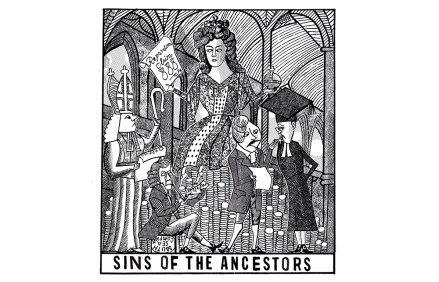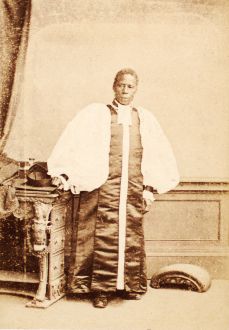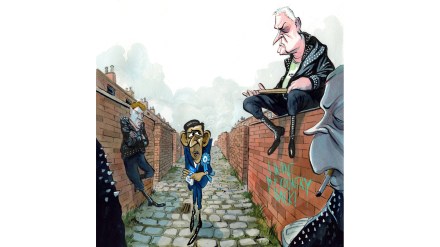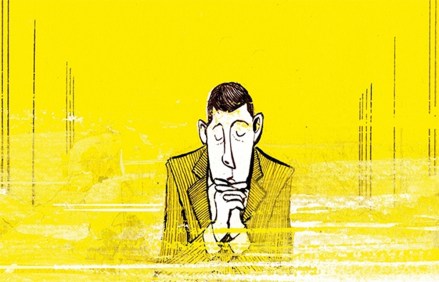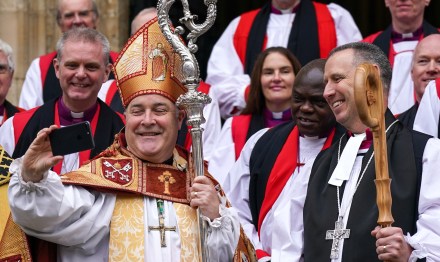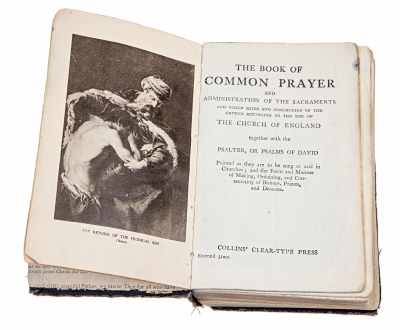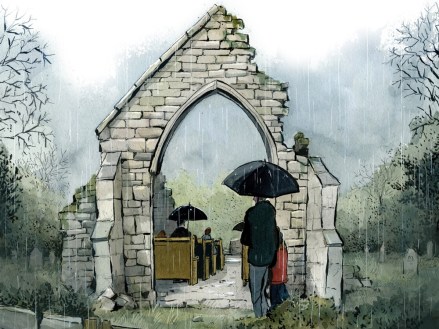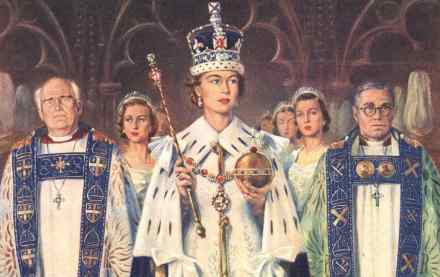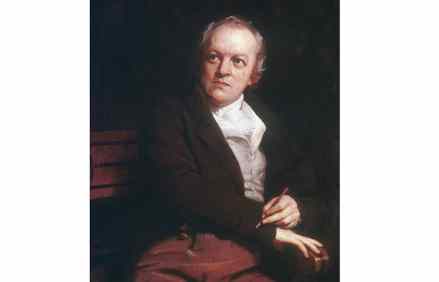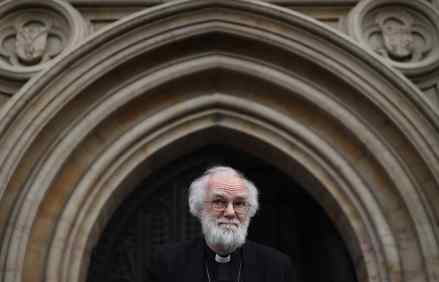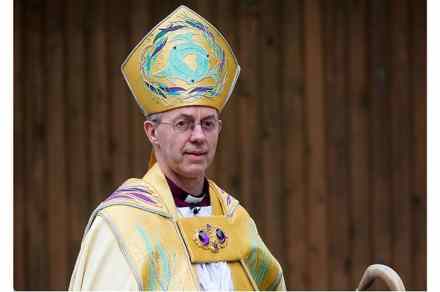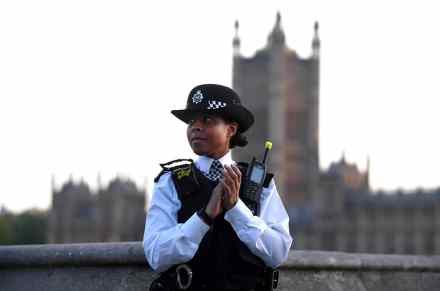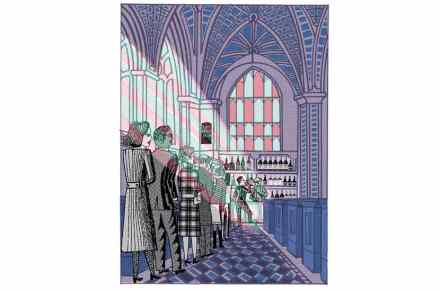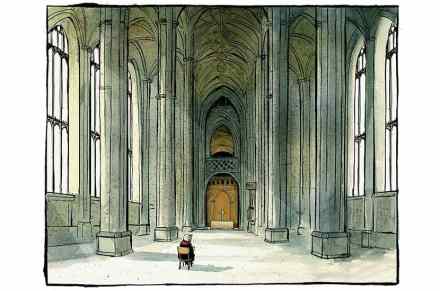The C of E needs to talk about sex
My friend Andy is getting married. It’s about time – he and his girlfriend have a one-year-old daughter. He wants to get married in church, so I introduced him by email to the local vicar. I was copied in to their initial correspondence. The vicar told Andy that the Church of England prohibits sex outside of marriage, so a church wedding would not be possible unless the couple repented of their sin and lived apart in the run-up to the wedding. Of course I made up the last bit. The vicar congratulated him and his partner on their decision and started talking dates. But isn’t it true that the church





